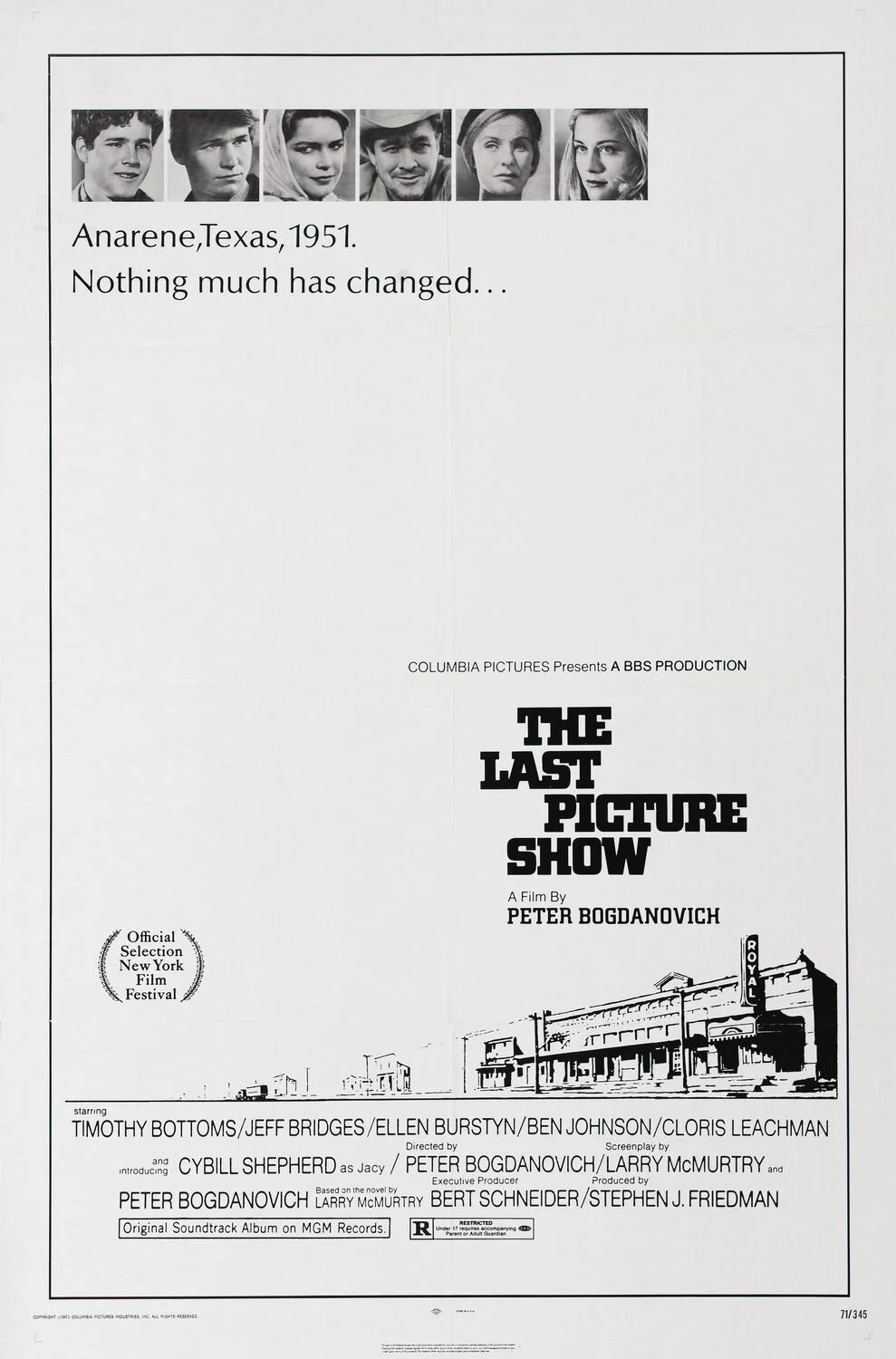A Clockwork Orange (1971)
Written & Directed by Stanley Kubrick
1998 List Ranking: 46
2007 List Ranking: 70
Like many of Kubrick’s other films, I’ve heard of A Clockwork Orange for years before I finally watched it for this list. I wasn’t really sure what to expect: I guessed that it had something to do with the future and some sort of dystopian society, but I think that’s about it. Having watched the film, I don’t know if I was surprised by the imagery, but I was surprised that there was as much of a plot as there was.
Alex and his droogs
The film follows Alex, a young man in a future England, the leader of a small gang (called droogs) who spend their nights craving sex and extreme violence. After Alex murders a woman, he is left by his gang to be picked up by the police, who sentence him to 14 years in prison. He secures an early release by volunteering to be a subject of a new procedure, which effectively makes him sick anytime he contemplates violence or sexual aggravation. However, the world has not forgotten him nor what he’s done, and Alex finds that re-assimilating into society will not be an easy task.
Malcolm McDowell as Alex
Malcolm McDowell is almost unrecognizable as Alex, mostly because I’m so much more familiar with him now. McDowell does some pretty great work as Alex, giving him a truly sociopathic portrayal that blends extreme evil with a few positive traits. McDowell showcases a wide range within the film, and it’s impressive that he never once feels unbelievable. The rest of the cast is fine, but none of them get enough screen time to really be allowed to shine.
The first image of the film: the titillating milk bar
One thing I wasn’t exactly ready for was the overabundance of sexual imagery. From the very beginning, there is direct references to sex and sexuality (we begin in the milk bar, where the milk dispensers and tables are all figurines of naked women in suggestive poses). Even the murder that Alex perpetrates uses a giant phallic sculpture as the weapon. It’s not something I have a problem with, but it was somewhat shocking right from the outset. The film is the next in a series that suggest the loosening or relaxation of attitudes about sex and violence in the movies; it might be a little overabundant for its own good, but it’s a far cry from the heyday of the Hays Code and a good step towards the freedom of the filmmaker. I think there is an interesting parallel between the rebelliousness of the youth in the film and the apparent rebelliousness of the filmmaker breaking free of their former constraints.
I also was surprised by the timeliness of the subject matter, in which two political parties (one in power, one threatening) battle over Alex and his treatment: the reigning power claims that the treatment is the future, and on the surface, they do make a bit of sense: why not cure the individual and rehabilitate them? The other side, however, has an equally powerful response: by altering his behavior, they have altered his nature and essentially taken away his free will. The behavior of the two parties feels highly relevant today: both sides use an “ordinary” citizen as a pawn against one another, and the only true loser is the pawn himself. Looking at the battling of political parties in the United States today during the COVID-19 pandemic, that same feeling emerges…both sides fight, and the true losers are the public, who have gotten minimal assistance and thousands have died. I don’t want to get on a soapbox, but it’s uncomfortably familiar.
Alex’s ludovigo treatment
There is also a connection between the aversion therapy that Alex is subjected to and similar therapies, such as conversion therapy. These therapies change the essential nature of a person and can lead to more damage being done than was seemingly present to begin with. I want to be clear, I’m not advocating against therapy, merely against harmful methods based on outdated biases.
Finally, a minor note of interest for me: I always enjoy seeing how past generations imagine the technology of the future. In this case, Alex, a fan of Beethoven, puts on a piece via…a small cassette tape (similar to an answering machine (if you’re old enough to remember what THOSE are)). I saw it and immediately thought how cute!; I’m always interested to see just how far off base the past thinks we’ll be in the future.
A Clockwork Orange is a strange movie. It’s shockingly graphic, but it’s got some heady concepts at its core. I think some of its images border on the gratuitous, but it’s also a look at ourselves by continuing to watch it. It’s not great, but the film definitely engages the audience and makes them think, which is a great thing.
FINAL GRADE: C+







